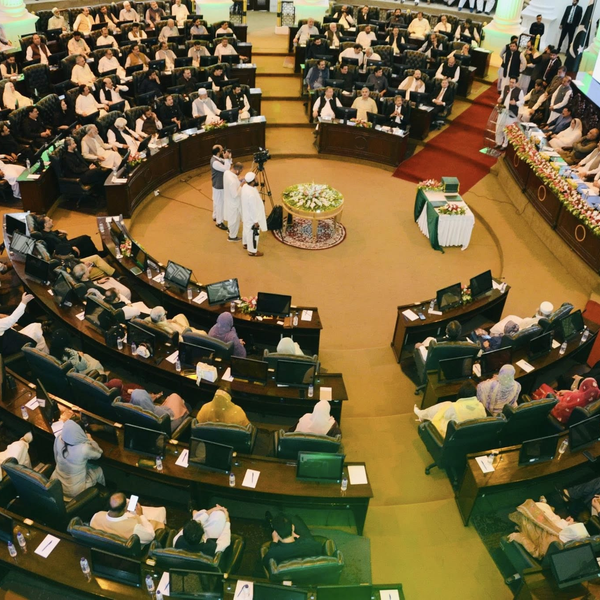Pakistan government urged to revise tax rates across industries
Lower tax rates, incentives for industries could strengthen business competitiveness
Business Desk
The Business Desk tracks economic trends, market movements, and business developments, offering analysis of both local and global financial news.

Pakistan government should relax tax rates and restore industry-specific concessions—including for real estate, the technology sector, textile companies, and the general sales tax (GST) on the Federally Administered Tribal Areas (FATA) and the Provincially Administered Tribal Areas (PATA), according to a report by Arif Habib Limited on the upcoming federal budget for 2025-26.
“These changes would help reinvigorate economic activity and support achieving the fiscal year's growth targets,” the report noted
Property transactions currently face advance tax rates of 3-4% on both sales and purchases. The proposed flat rates of 2% on sales and 1% on purchases aim to reduce transaction costs while increasing compliance.
The final tax regime, which allows for a reduced withholding tax rate of 0.25% on exports, is set to expire in June 2026 for the IT sector. Restoring the lower rate would help IT companies remain globally competitive, reinvest in growth, and boost export earnings.
The report also suggested reinstating the 1% final tax regime for exporters—especially the textile industry—replacing the current 29% normal tax. Such a move could significantly improve profitability for export-oriented businesses, particularly in textiles.
Reintroducing the zero-rated regime for pharmaceuticals registered with the Drug Regulatory Authority of Pakistan (DRAP) would also improve cost efficiency. Currently, these pharmaceuticals are subject to a 1% GST without input tax adjustment, preventing companies from claiming tax credits.
The government’s plan to develop 200,000 low-cost housing units and offer mortgage options is expected to boost affordable housing while driving additional local demand for cement—estimated at around three million tons.
The budget for fiscal year 2026 is projected to allocate PKR 1.1 trillion to the Public Sector Development Program (PSDP), including PKR 200 billion for public-private partnerships (PPPs) to encourage private sector participation and improve fund utilization.
To protect the domestic steel industry, the report recommended removing the GST exemption for FATA/PATA, as unregistered players from the region continue to evade taxes and flood the market with cheap steel.
Petroleum products, which are currently exempt from GST, face a proposed tax rate of 3-5%, which would raise petrol prices by PKR 8-13 per liter.
Under conditions set by the International Monetary Fund (IMF), an additional PKR 2.5-5 per liter charge is expected to increase fuel costs, potentially incentivizing a shift toward cleaner energy sources and reducing oil marketing companies' sales.
With circular debt at PKR 2.4 trillion as of February 2025, a term sheet has been signed for its settlement, expected by the end of May 2025. The IMF has emphasized timely quarterly tariff adjustments (QTA) and fuel charge adjustments (FCA) to prevent further debt accumulation.
The report also proposes raising the capital gains tax on equity by 2.5%, increasing rates to 17.5% for filers and 35% for non-filers.
Additionally, an increase in the withholding tax on dividends is under consideration. At present, the tax stands at 15% for filers and 30% for non-filers, with a proposed hike of 2.5-5%.
On a positive note, the withdrawal of the 10% tax on bonus shares has been proposed, along with restoring the exemption on inter-corporate dividends to prevent double taxation.










Comments
See what people are discussing